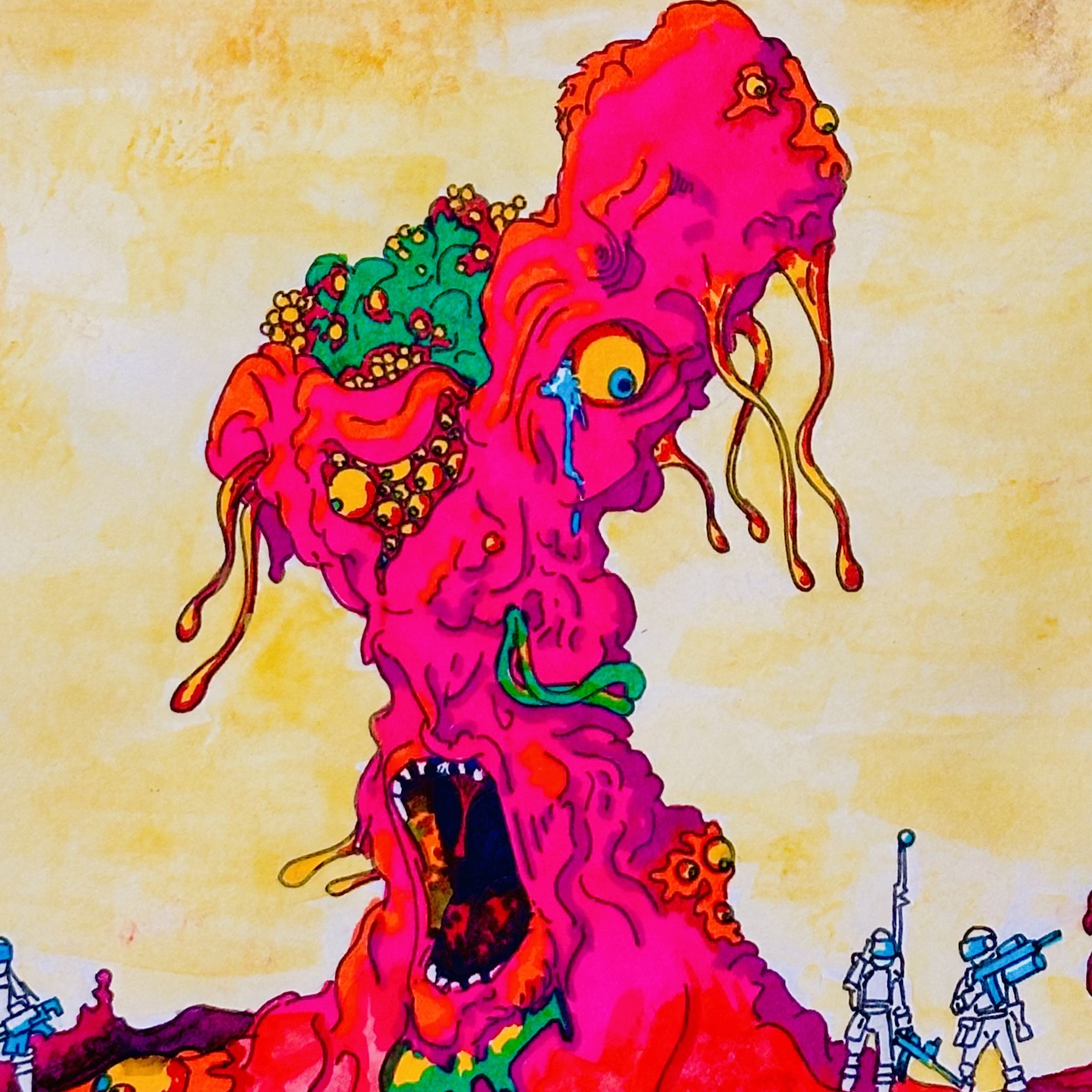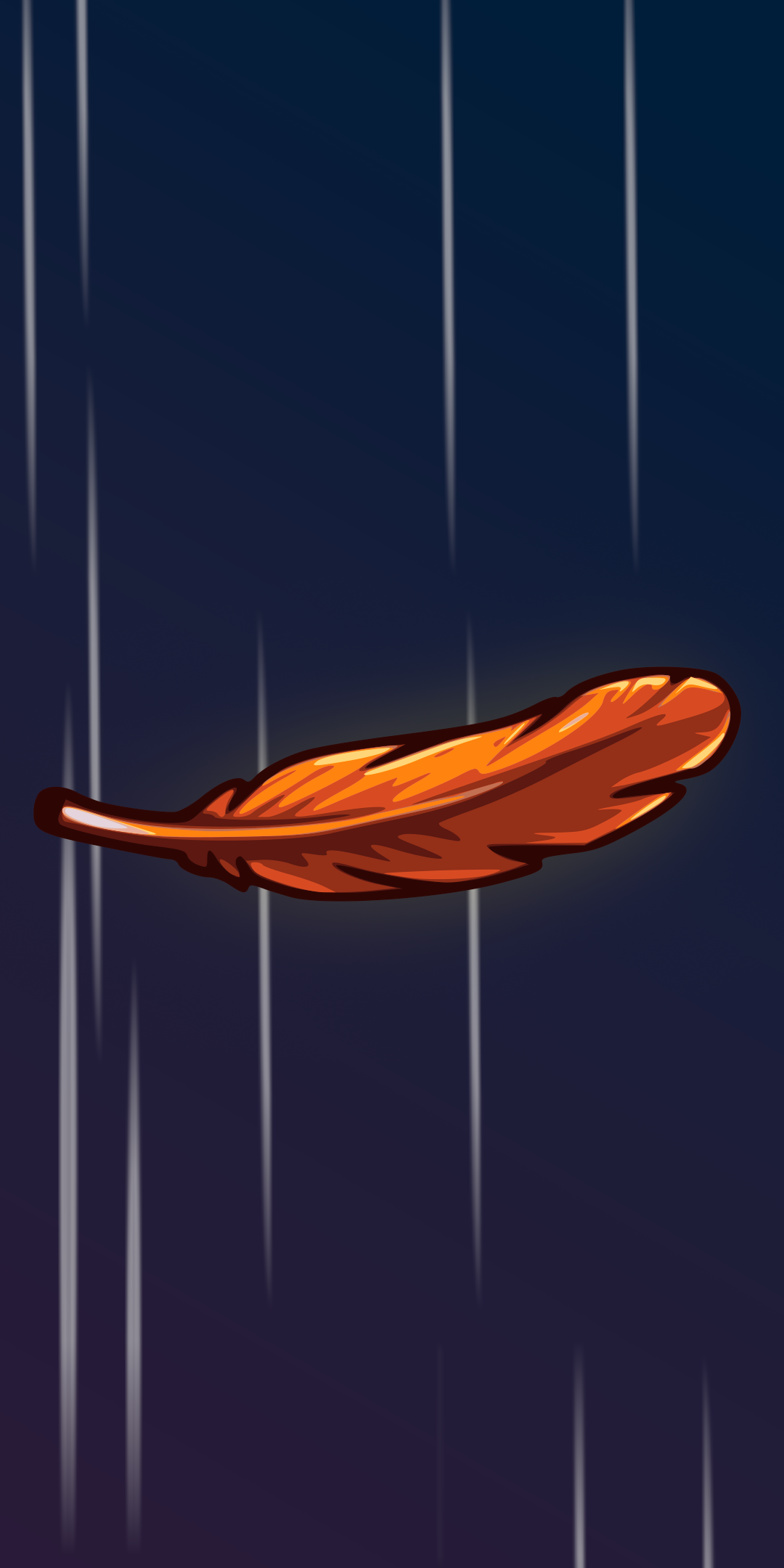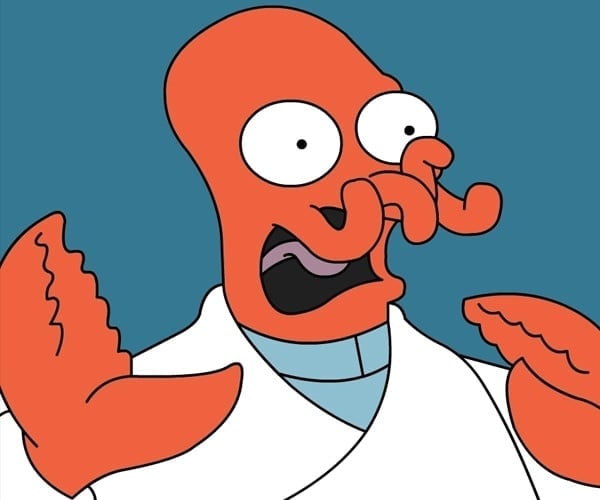I think you’re making a more broad point and using 9/11 as an example, but regarding 9/11 specifically, if it weren’t for Jon Stewart and others working alongside him, Congress would’ve long ago stopped providing for the fire and police that were on the front lines that day. So no, of course we don’t take care of people on the backend of the rescue efforts. What do you think this is, some sort of not-fucked country?
I don’t know where you live,but as you are mentioning 911 I guess it’s the US - there are a shitton of ambulance services that use nurses as BLS or ALS providers around the world. (The netherlands, sweden, Italy, Spain, just to name a few. I intentionally do not name the US here,see below)
For the US, UK and to a lesser extent Germany there is a simple reason: You guys did fight tooth and nail not to do so.
But let’s go back a bit further: If you look into the history of EMS it’s not like that the fire departments were that happy to do so (and to this day I am a staunch opponent to them doing so. It’s an all around bad idea) and in many parts of these countries police, cab services and funeral homes did provide the first ambulances, other than charity organisations.
When it became clear that prehospital care was needed in these countries the fire departments or independent “transport only” ambulance services had become the norm in most areas and there indeed were some people that pushed for nurse staffed ambulances - as nurses during the war had shown to be beneficial in that role.
But they were basically scolded, often even publicly insulted, by nursing associations:
-
Nursing back then was far from an independent profession like it is today. Back then actual medical skills were largely dependent on doctors orders with very little leeway for interpretation. (From a nursing book in 1958 “if the blood pressure of a patient is too high or too low must,under all circumstances,be decided by the doctor and it’s not upon the nurse to decide this.”) Asking someone who is fully dependent on another profession for decision making to now make independent decisions without that profession and in the worst possible environment and use skills that the same person wouldn’t be allowed to use in their regular workplace understandably was a major cause for concern, dissent and resentment back then. And to some extent this is understandable.
-
The second factor was based on the issue of gender and “morals”. Nursing back then was a mostly female profession. Putting them to the scenes ambulances need to respond to (brothels, crime scenes, etc.) would, according to a female nursing director in a UK hospital “corrupt my girls”. Additionally, due to the fact that heavy lifting would be required(see below) and the ambulances would need to be driven by someone, the “poor nurses” would need to work alongside male ambulance drivers and that would also lead to immorality. (Their words, not mine. In case of the UK somewhat insulting to their Queen,imho)
-
Another factor was surely the fact that “transport only” ambulances already existed and that (also due to the lack of proper equipment) it was (rightfully so) considered backbreaking work - patients did need to be lifted far more than today, lifting equipment was primitive and medical equipment was far heavier. (I remember defibrillators that had 40kg…and I am not that old). So adding a third person would mean extra cost while you still need men (according to their reasoning back then). And as the first paramedic provides little more than BLS+ it was not that resource intensive to teach the people already doing the job.
Nowadays nursing has developed a lot. But so has paramedicine and it is an independent health care profession in the more professional systems (CAN,UK,IR,AU,NZ,GER,POL,etc.). Because skills,mindset and approaches towards patient care are different. The US with it’s abhorrent EMS system uses nurses in some roles,but tbh, the main reason is a lack of proper paramedic training standards, standardisation and oversight and the results are, well, underwhelming.
And why are nurses not named in line with other first responders in the US and similarly in a lot of other countries?
Because they aren’t first responders. The issue with being a first responder is not the level of care, it’s the “unknown”. Hospitals are, to a certain extent a controlled environment. Even in the ED you most of the time know what’s happening next, even if the next patient is a multi system trauma and comes in without prior notification it’s still your playing field. You have light, it’s warm/cold, you are rarely alone, you have your equipment where it was the day before and the day before. On scene it’s different. The next call might be a mansion. Or in a ditch. Or a methlab. It’s the same people you see in the ED, but now it’s their home turf. I have resuscitated an almost naked 12 year old in -20° C alone (as a in “single responder”) in a park known for it’s shady people. That’s different.
Don’t get me wrong: Nursing has it’s own challenges - I worked both sides long enough to know that I sure as hell won’t ever work another hour in nursing. As a para you have 1 patient most of the time. Not 25. Once you know your call,you can be almost sure that you won’t have another patient until you complete the call there won’t be another patient suddenly taking away your attention. You can leave the patient after like an hour max. And you rarely see them again.
All these things are different in nursing. Multiple patients, changes in priorities, seeing patients day after day - it is its own beast. But it’s different.
I am happy for everyone who does nursing. So am I for every midwife. Or every guy and gal that takes up paramedicine. We all have our place in this hellish trade.
(Source: Working as a paramedic -critcare nowadays - for almost 25 years now, worked inside hospitals for 7, mainly anaesthesia, critcare and ED, now consulting hospitals and EMS)
-
Funny story. Back in the day, they did a study of highway deaths. One thing that leapt out was that most people who died in traffic accidents could have been saved if they got to the hospital fast enough. Pretty soon it was legislated that every community had to have an EMS system.
Basic Emergency Medical Technicians and Advance Life Saving EMTs [aka paramedics] provide medical care on scene and stabilize patients for rapid transport.
Most Fire Departments in the USA are currently Fire/Rescue with the ambulances operated by the Fire Department. Almost all firefighters are Certified First Responders, trained in CPR and first aid.
Nurses are trained for skills that paramedics don’t need because nurses also do long term care, where EMS is supposed to be off scene as fast as possible.
I listened to a 99% Invisible episode on how EMS got started. Totally worth a listen
For a while (60s-70s) there was a stigma that early Paramedics couldn’t provide adequate care because they were not doctors and nurses though in reality they spent lots of time training in hospitals working with them.
You can even see this in tv shows like Emergency. Any time they have a medical situation they radio a hospital to get direct medical advice from a doctor. It also gives a (kinda) realistic reason to explain what they are doing to the viewing audience
The special provisions that exist or have been proposed are for first responders because they breathed in dust and were exposed to various health hazards during the response.
What above and beyond taking care of do people who weren’t exposed to any of that in the backend need?
Just kind of thinking out loud
All of those people who were brought into ERs from ground zero and the people, vehicles, etc. that brought them there would have been covered in that same dust that’s causing health issues for first responders, that means doctors and nurses probably also received some level of exposure to that dust because I doubt all of those people showered on the way.
I don’t know how their exposure level stacks up against the people who were on-scene, I’m sure it’s an order of magnitude less, but I wouldn’t be surprised if it was still significant enough to cause some health problems. IBM pretty sure I’ve seen some evidence of people who live with firefighters developing health issues from secondhand exposure like that.
On top of that, there’s also the psychological burden that always gets overlooked. I’m sure that took a hell of a toll on healthcare workers.
And there’s a recognition aspect, because for all of the people who died, there were also many more who were injured, and more than a few of them owe their lives to the doctors and nurses who treated them just as much as to the first responders who got them to the hospital.
The difference is that first responders willingly put themselves at risk when trying to save people, and in fact hundreds of them were killed while performing their first responder duties on 9/11. No nurses (or doctors for that matter) were killed performing duties at the scene.
Originally, fire departments only dealt with fires. In the 1960’s and 1970’s it became clear that a rapid response health service would be beneficial. Rather than create a whole new system from scratch, that function was tacked onto the existing fire service by having EMTs and paramedics on staff. And the initial focus was primarily on providing rapid transit: delivering the victim to a hospital as quickly as possible. Response time was the dominant metric used to grade emergency medical providers. It took more decades to fully appreciate that treatments applied at the accident scene or in transit could be as important as, or more important than, response time.
There’s an argument to be made that fire departments are somewhat obsolete. They spend most of their time dealing with medical and mental health issues, not fighting fires. We would probably benefit as a society by replacing a lot of firefighters with house call nurses to help manage people’s long-term health issues before they become emergencies.
Keep in mind most firefighters in the USA are volunteers who just drive to the station when there’s a fire - not paid professionals.
My station just hired our first full time paramedics, we have a few part time paid firefighter+EMTs, and some volunteer firefighter+EMTs.
While we’re not getting that many fire calls, the few we get are pretty bad. Like, would burn down a neighborhood bad, because everything is now made from fast burning plastics. Sofas, carpets, house paint, siding, roofs, furniture, and clothes are all pretty much petroleum based. And will burn extremely hot and fast when it catches, spreading to all the surrounding exposure buildings.
My buddy works at Underwriters Laboratories and was saying they just did a burn test that showed the typical house today will catch neighboring houses on fire just from the infrared radiation through their windows. Even if the neighboring houses are soaking wet, the insides can still catch fire through the windows.
So we’re in a jam - we hardly ever have real house fires, but they are extremely dangerous and will burn the whole town down if we don’t get there asap.
Not to mention all the car crashes, hazmat spills, EMS lift assists. I’m sure there’s a way we can improve the situation, but I honestly don’t know what it would look like. The US is a huge place that’s very spread out, I don’t think we’re ever going to fully go away from volunteer firefighters, as much as I think it would be more efficient.
Long story short, if you’re able to lift a 30lb box overhead, the volunteer fire service is desperate in most places. Volunteerism is down like 90% from it’s peak. But most fire stations are entirely volunteer. So there’s a very real need for more folks to pitch in. I’m happy to chat with anyone who is curious and wants to get into it. I highly recommend it, it’s done wonders for my personal life.
Of course you did. And nothing can away the heroic and amazing thing you did that day.
BUT! Being at ground zero and simply doing your job as a nurse during a crisis is not the same thing.
Fire and police tend to be male dominated professions.
Nursing is a female dominated profession.
I’m fairly confident that you are generalizing this a bit and that there are police and fire fighting departments on this planet that employ nurses. In general though, first responders who get injured end up in the same system than the people they save and need medical attention: hospitals. If you are in need of nurse aftercare, you are probably off on sick leave - so what would the nurse actually do? Especially in the smaller bf-nowhere operations, I don’t see how you could justify the cost. Plus, most firehouses have paramedics already. They’re not the same as a nurse but bring a lot of similar skills.
Especially in the smaller bf-nowhere operations
Yeah, NYC and Washington DC sure are out in the middle of dirt road middle of nowhere locations. Most people can’tveven find places so small on a map.
Lol I read that as “first responders or 911” as in nine one one. I would say the addition of a / might have clarified it. But that doesn’t diminish my failure at reading comprehension.
I’m picturing the WTC and the Pentagon just sticking out of the tree lines next to vast cornfields. Out there in bum fuck no where.
Firefighters and EMTs get a little extra glorification to make up for their salaries.
I didn’t know a single nurse that was at ground zero pulling out corpses with cadaver dogs while looking for anyone that might be alive in the rubble.
Alright. But once they’re pulled out of the rubble, where do you you think they went?
I’m not sure if you’re aware but when it became apparent that a big event was happening on the morning of Sept 11, the hospitals braced for mass casualties and… waited… and waited… and they never came.
There were only 20 people pulled from the rubble. Six were firefighters, and 5 were police.
Nurses get a lot of well deserved praise. It’s just that in this case there wasn’t an uptick in emergency medical needs.
This is why right here. Had hospitals and makeshift medical areas been swarmed with patients, nurses would have responded and been praised for it, as they should. But there weren’t survivors, which highlighted how bad it was.
In your own question you are identifying something that isn’t a first responder. First responders arrive on scene. By being on scene the first responders were exposed to health hazards. Those hazards are what existing or proposed programs deal with.
You’ll never get it. Nurses weren’t literally sifting through thousands of corpses, hoping to find living people. Nurses weren’t breathing in dust and ashen remains of those that were burned in the fires. First responders were dealing with the disaster as it happened. Hence why they’re called first responders. You’re aftercare. Once the first responders rescued people, they were sent to doctors and nurses, so they could do their jobs. Meanwhile, first responders went back into the rubble to maybe find someone alive, but mostly finding corpses. Many mangled beyond anything you’ve ever seen before.
First responders are talked about more cause, quite frankly, they were doing more. How many corpses can you say you had to push pass, so you can get to the living person that was next to them, or grab the hand of the person you hoped was alive, only to drag a corpse missing it’s left side. How many broken crushed corpses did you have to drag out of a hole in the ground so the coroner could do their job, and you could go back in and pull out another corpse, or if you’re really lucky, someone that lived.
They’re the roadies at the music festival. Everyone forgets they’re the ones who make it all possible.
Because 343 nurses weren’t murdered by terrorist sons of bitches who dropped a couple skyscrapers on them.








